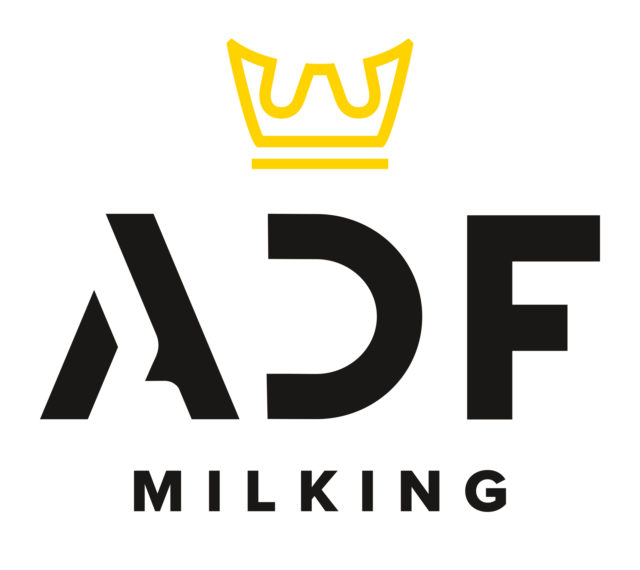To read this article in French, click here.
Many devices that we use in our daily life may seem harmless at first. We must always pay attention to what potential dangers may be present. It is important to follow all safety instructions and thoroughly read the user manual for any equipment or devices you use in the workplace.
Pressure washers are used every day by individuals and business everywhere. A pressure washer is a tool that sprays water at a high pressure to clean surfaces such as buildings, farm equipment and roads. A garden hose alone delivers water pressure at about 50 pounds per square inch (psi) whereas pressure washers can generate 1,500 to 4,000 psi. A pressure washer’s spray is hazardous when misdirected. It is strong enough to damage skin instantly or cause vision loss. The most common injury caused by pressure washers are lacerations, followed by bruises, punctures and eye injuries.
There is also the potential for injury from flying debris coming off the item you are cleaning, such as dirt, rocks, manure or other debris.
The real danger with pressure washers can be hidden. A laceration of the skin may seem very minimal and insignificant, but fluid can get deep into the tissues and spread out, causing bacterial infections. It is important to pay close attention to any injury caused by a pressure washer and seek medical attention immediately if any warning sign occurs.
When using a pressure washer, it is advisable to wear goggles, long sleeves, long pants and proper slip-resistant, waterproof footwear. Never wear flip-flops while using a pressure washer.
Pressure washers on the farm
Farms can get messy. Dust, mud, manure and grease are just a few of the things that can accumulate on your equipment, buildings and property. Eventually, you will need to pressure wash the farm equipment to protect your investment and maintain a clean and safe environment.
Some areas that a pressure washer can be used is on barns, tanks, machinery, milking parlours and animal pens. Pressure washers can also be paired with specially formulated detergents. These detergents are created to combat different types of messes. Always make sure you are using the correct type of detergent for the job at hand.
Inspections
In order to ensure the pressure washer is working properly, you must inspect all components of the pressure washer before each use. This can be a quick visual inspection looking at the cords, electrical components, hoses, plugs, hand piece and all other components. Do not use the pressure washer if any parts are defective, damaged or have been modified. You must also inspect the equipment or item you will be cleaning. For example, using high-pressure water can cause damage to the item you are cleaning.
High-pressure water can cause damage to hoses or lines that have even minor existing wear or damage. This can result in a blown line and exposure to pressurized fluids. For this reason, you should block any raised pneumatic or hydraulic components before cleaning with a pressure washer, as they may fall if pressure is lost.
Lastly, you should inspect the work area, look for slip and trip hazards and other hazards. Be mindful of the increased slip and fall hazards created when using a pressure washer.
Sanitation needs
When cleaning dairy equipment, stables and coops, hot water pressure washers are a necessity. The heat disinfects and kills bacteria. Dairy sanitation is extremely important, and when livestock live in close accommodations, manure buildup can become a health concern. An electric hot water pressure washer is required to clean and sanitize. Keep in mind though that the heat may cause burns, so always wear proper PPE and use caution when using a hot water pressure washer.
Some pressure washers also have supplied heat. Be careful not to turn the heat all the way and ensure you stand back to avoid any potential burn injuries. Also, using a longer wand may assist with preventing injuries, as it makes it more difficult for the user to come in contact with the water stream.
Slips, trips and falls
Remember to think about other potential hazards when using a power washer. Excess water on the ground or on a piece of equipment or detergent that hasn’t been thoroughly rinsed may create a slip, trip or fall hazard.
Make sure you have good footing when using a pressure washer. This is especially important if working on a ladder or other raised platform such as a scissor lift. Only use a pressure washer on a raised surface if you are able to maintain stability; a set of rolling stairs with an enclosed platform is often the preferred method for accessing a raised surface with the pressure washer.
Also ensure that hose and cord are not left in a place that someone could trip or twist an ankle. Many injuries, both minor and serious, can occur as a result of a slip, trip or fall.
By the very nature of their business, farms are dirty. A pressure washer can help keep your farm and equipment clean and safe. Pressure washers are easy to use and relatively safe if used as directed and used with care.
References omitted but are available upon request by sending an email to the editor.
Pressure washer safety
Here are some tips to follow for the safe use of pressure washers.
- Keep bystanders out of your work area.
- Do not spray any animals, people or yourself. Never use a pressure washer to clean your clothing or boots.
- Do not allow children to operate the power washer.
- Hold the wand firmly with both hands. Do not lock trigger in the “on” position or rig the trigger to stay permanently in the “on” position.
- Don’t depress the trigger until you have pointed the nozzle at the thing you want to spray.
- Always stand 1 to 2 metres away from the object you are spraying to avoid being struck by any flying objects.
- Only use a pressure washer for its intended use. Do not use it to spray chemicals such as pesticides.
- Aim the nozzle at a flat surface when turning the washer on.
- Use extra caution around electrical feeds, powerlines and service feeds. Always use extension cords for wet conditions and plug into a grounded outlet.
- Never use a gas-powered pressure washer indoors to avoid carbon monoxide poisoning. Always use them outside, in a well-ventilated area and never in a confined space.
- Remember to depressurize the pressure washer after each use. After you turn it off, squeeze the trigger to release the pressure before disconnecting.
- Test a small area before starting to ensure the pressure will not cause any damage. Some surfaces to avoid are wooden furniture, fabrics, cars, brick or concrete that is crumbling, siding, windows and air conditioners.










